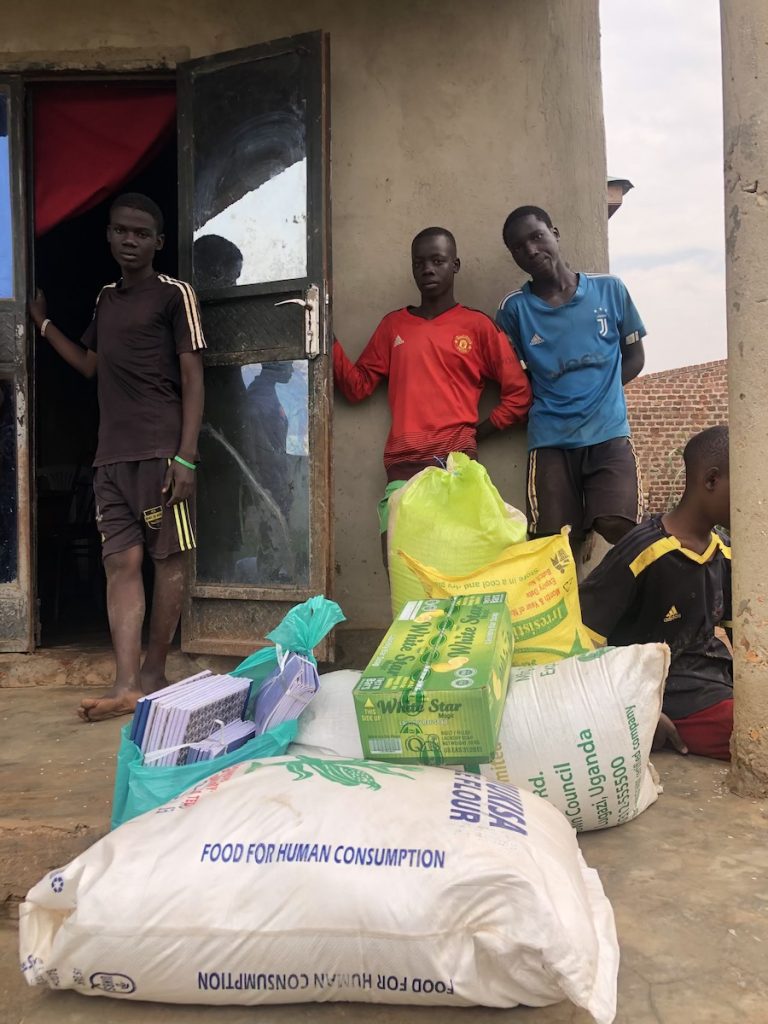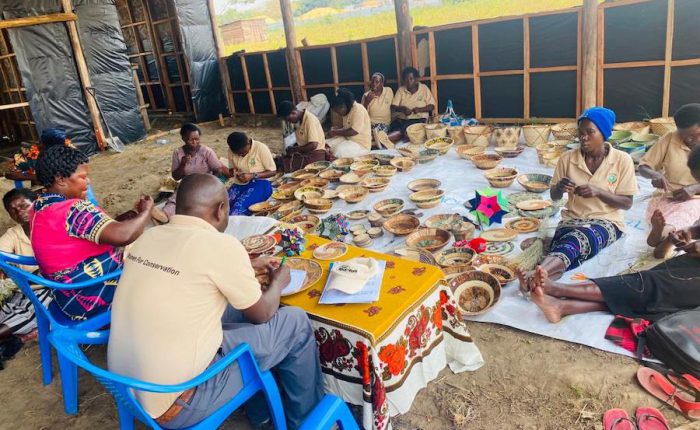Kagera Safaris is committed to providing authentic African travel experiences for travellers in Uganda, Rwanda, Kenya and Tanzania. We organize handcrafted; gorilla tracking, chimpanzee tracking, bird watching, wildlife safaris, culture and community tours. The company offers Destination Management to companies from across the globe. We deliver a combination of luxury, attention to detail, adventure and exclusive safaris combining the best of East Africa while partnering with camps and lodges that offer the best possible stay. Our experienced team continually invests in discovering new activities and itineraries that give the best experience delivered by our passionate guides.
We aim to be a recognised as an innovative world leader in creating and managing memorable, intercultural tourism experiences in East Africa.
We want to improve the East Africa tourism experience for local communities and people from around the world; by providing memorable personalized holidays with professional first-class guiding services that promote East Africa as a leading tourism destination.
Our aim is to have travellers enjoy the destination without destroying it. And to have local communities benefit and enjoy hosting travellers. It is amazing how clients leave with a connection to a community because of being hosted and experiencing the life more deeply. The biggest highlight has been when they overnight in a homestead and get involved in cooking and gardening.

A number of children in Kampala suburbs and neighbouring towns are homeless, marginalised and insecure with low self-esteem. This often leads them to; drop out of school, abuse drugs, early marriages, pregnancy and an inability to develop their talents to professional levels etc. Community Initiative for Children at Risk began as a movement supporting children by providing a home to protect them from cruel situations.
CICR depends on support from individual persons to provide shelter, education, talent development – football, music, dance and drama to the children in their care. It provides food, scholastic materials, training kits and beddings. This support ensures that children from adverse family back grounds are able to have the same opportunities as those with full family support.
“Since I joined CICR, my self-esteem has improved and I love myself more than before because I feel valued and protected.” Namutebi Violah, age 11
“Before joining CICR I couldn’t speak to people because I thought I had no importance in this world but now I can speak to people openly and freely. I have learnt how to protect myself and ensure that my rights are observed and respected.” Kasumba Reagan, age 16

In March, 2021, six of Uganda’s famous tree-climbing lions were poisoned and dismembered by members of his very own community. This affected Eric Ndorere (founder) greatly and one of the many reasons why he’s so passionate about the Lights for Lions Uganda deterrent system as well as establishing a Community Center where locals can be sensitized, realize the benefits of preserving their natural heritage and how to co-exist alongside wildlife.
We recently partnered with Save Wildlife Uganda by giving part of our profits to purchase material that women can use in basketry.
Don’t hesitate to give us a call or write us. We are an expert team and we excited you.
Mob: +256 782 477992
Tel: +256 392 176513
info [at] kagerasafaris.com
